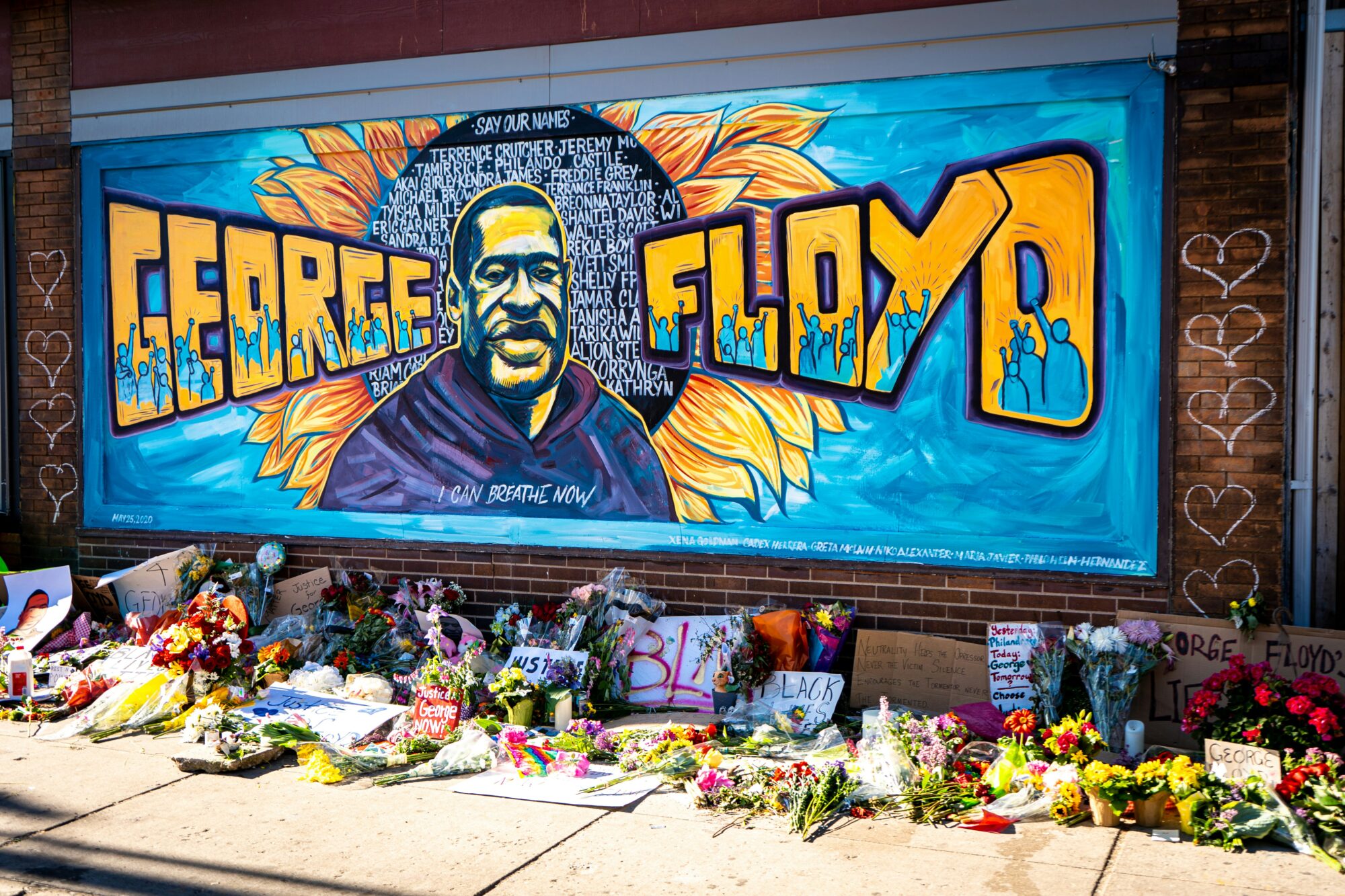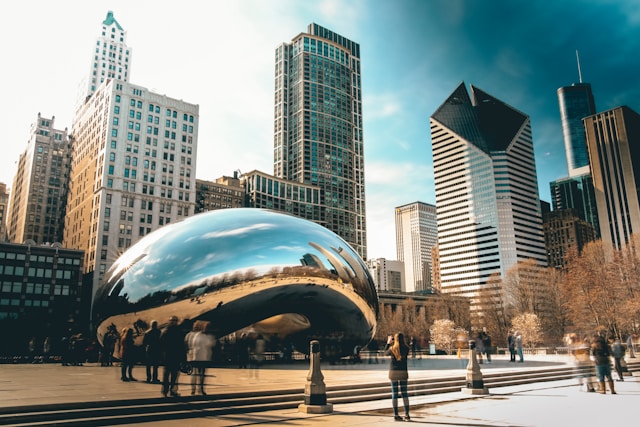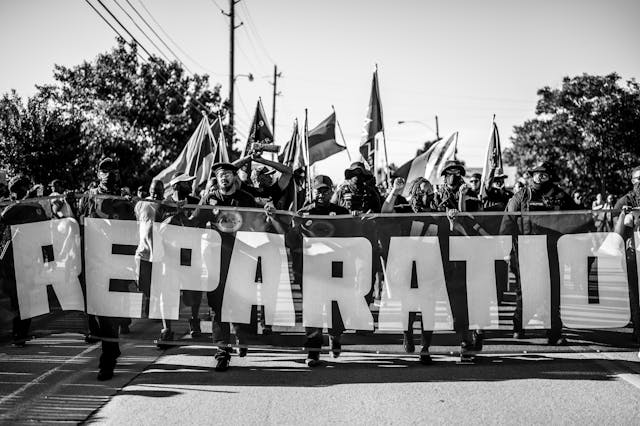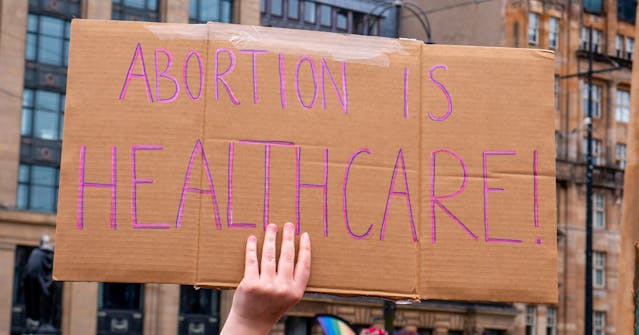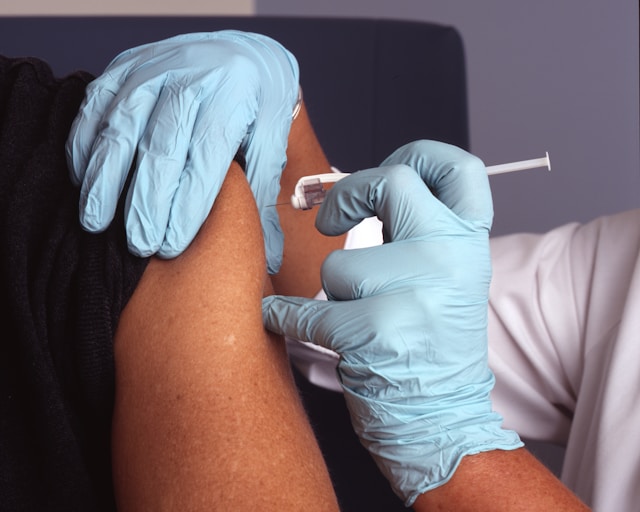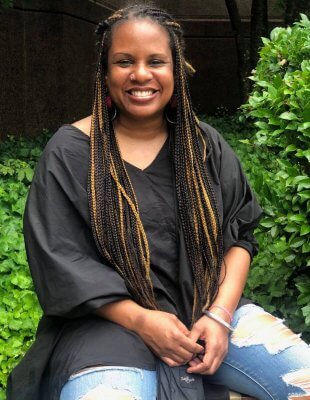
Reparations in the United States for descendants of enslaved Africans must include repairing the structural devastation that food redlining has caused in Black communities.
For Black people, Black southerners in particular, land is sacred and our relationship to it is complicated. The land swaddles the bones of our elders. Our histories are rooted deep beneath surfaces (made) rich with Black blood.
And that Black blood marks the spot where Afro-futuristic possibilities are waiting to be unburied and rediscovered.
For some people, forty acres and a mule has become a mere cultural reference far removed from socio-political and economic implications. For Dara Cooper, 41, national organizer with the National Black Food and Justice Alliance (NBFJA), the graveness of the injustice, which encapsulates the inherent dishonesty and structural white supremacy of a nation that mythologizes its own character, is incalculable.
Farming While Black
“Do you remember Pigford vs. Glickman,” Cooper asks, before recounting details of the 1999 “Black farmers lawsuit” against the U.S. Department of Agriculture (USDA) for racial discrimination. (Read more)


